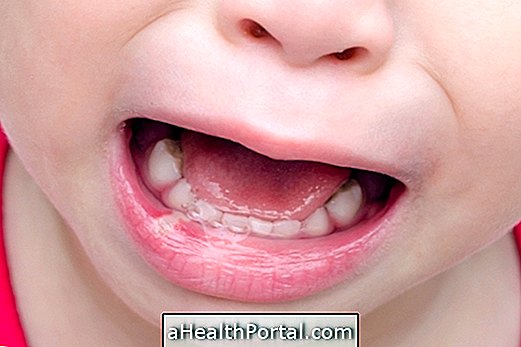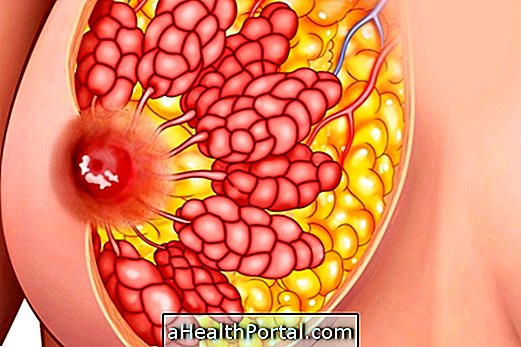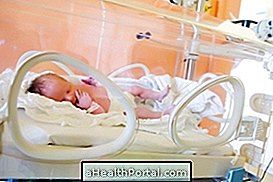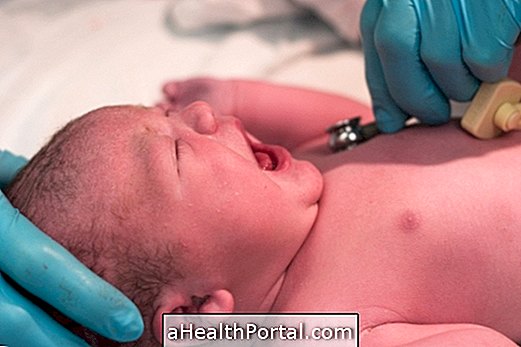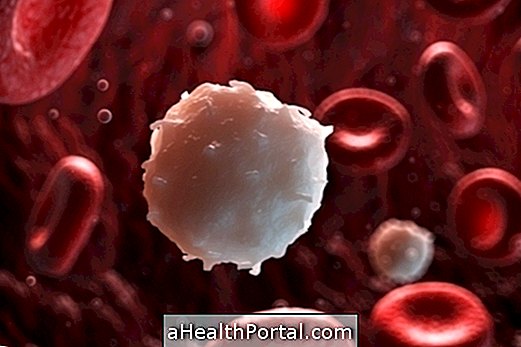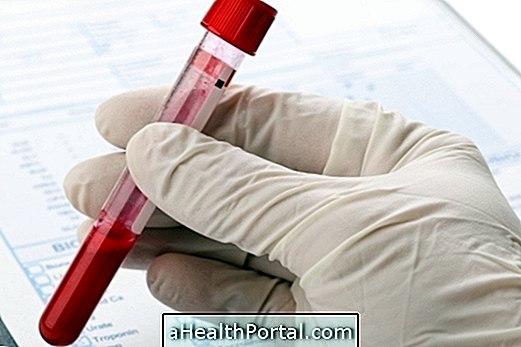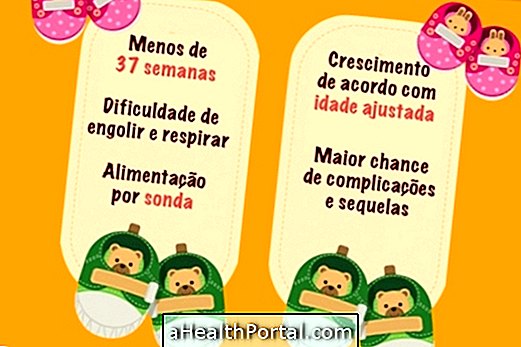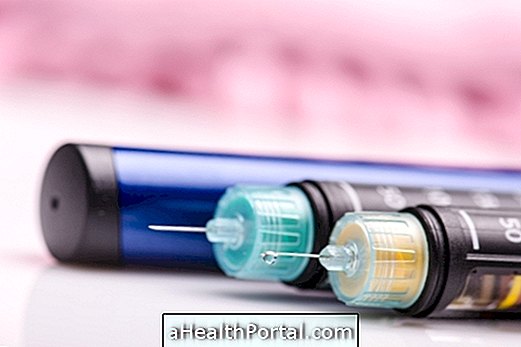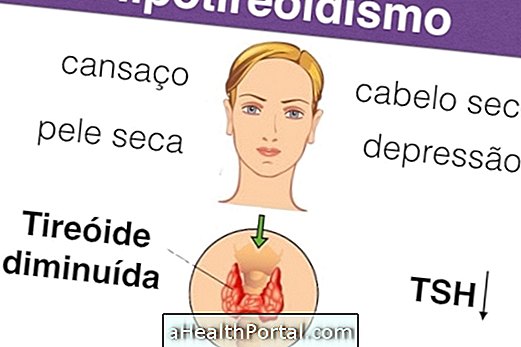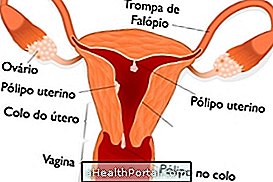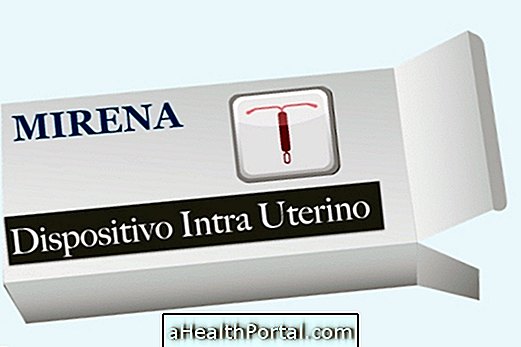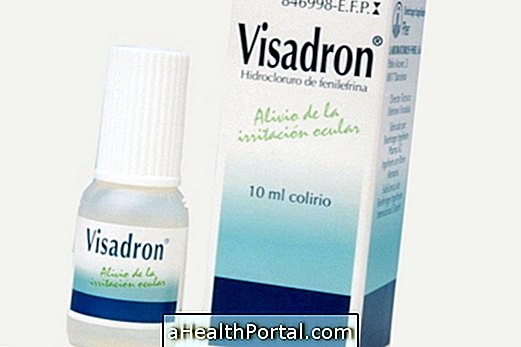The Neonatal ICU is a hospital environment that is prepared to receive infants who were born before 37 weeks of gestation, who are underweight or have any problems that may interfere with their development, such as heart or respiratory changes. Know what a newborn does.
The baby stays in the ICU until he or she has respiratory independence, has an ideal weight and succeeds in sucking all the food and treatment is continued at home. ICU length of stay varies according to the baby and why he was taken to the ICU, but parents can remain with the baby at all times.
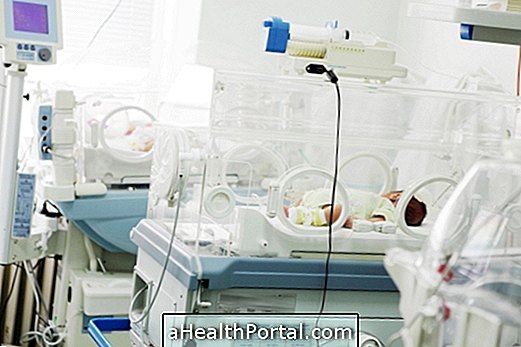
How it works
The neonatal ICU is a hospital site prepared to receive newborns who were born preterm, before 37 weeks, with low weight or with respiratory, liver or heart problems, for example. Soon after birth, the baby is referred to the neonatal ICU, receiving appropriate care and treatment based on the reason he was referred to the unit.
The Neonatal Intensive Care Unit consists of a multiprofessional team consisting of neonatologist, pediatrician, nurses, nutritionist, physiotherapist, occupational therapist and speech therapist who promote the health and development of the baby 24 hours a day.
Each Neonatal ICU is composed of equipment that helps the baby's treatment, such as:
- Incubator, which keeps baby warm;
- Heart monitors, which check the baby's heart rate, reporting any changes;
- Respiratory monitors, which indicate how the baby's respiratory capacity is, and the baby may need to be ventilated;
- Catheters, which are mainly used to promote baby nutrition.
The multiprofessional team evaluates the baby periodically so that he can check the baby's progress, ie whether his heart rate and breathing rate are normal, whether his nutrition is adequate and the baby's weight.
Length of stay in the neonatal intensive care unit
The time the baby stays in the neonatal ICU can vary from day to month according to the needs and characteristics of the baby. During the ICU stay the parents can stay with the baby, follow the treatment and promote the baby's well-being.
When the discharge happens
The discharge is given by the doctor in charge, taking into consideration the evaluation of the professionals involved in the care of the baby. Usually it happens when the baby acquires respiratory independence and succeeds in sucking all the food, besides being more than 1.8 kg.
Before the baby is discharged, the family receives some guidelines so that the treatment can be continued at home so that the baby can develop normally.
